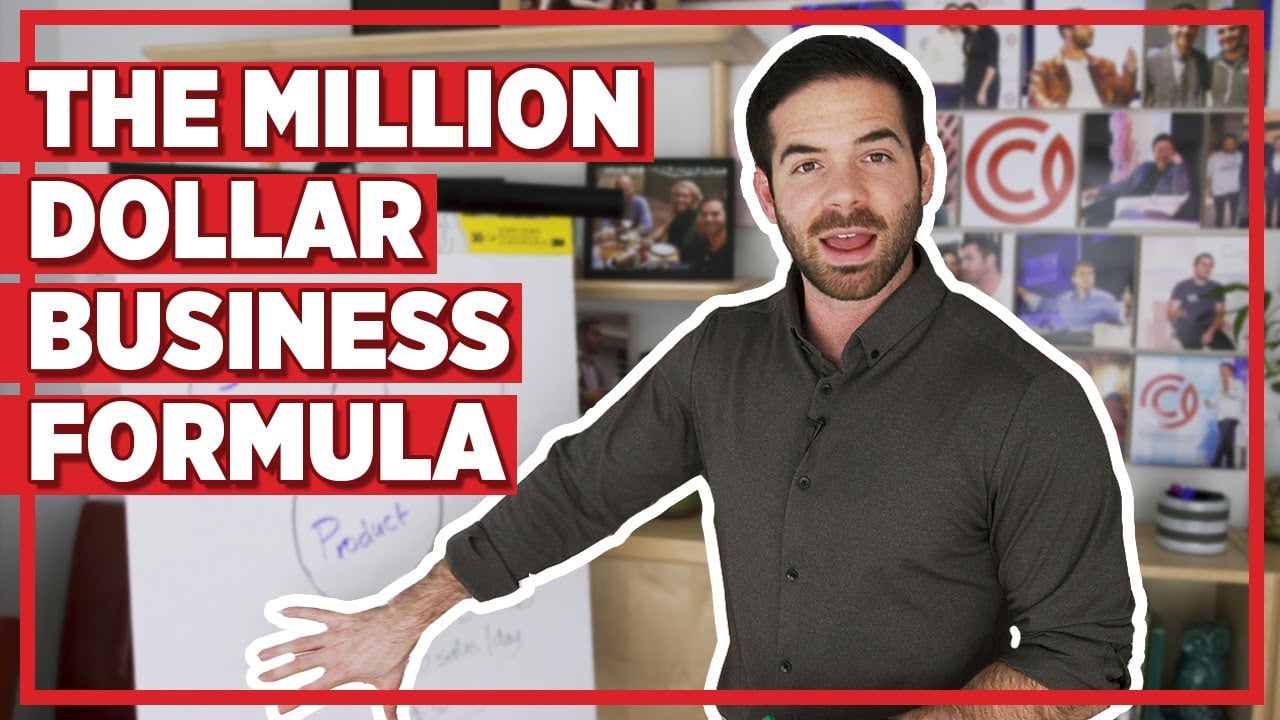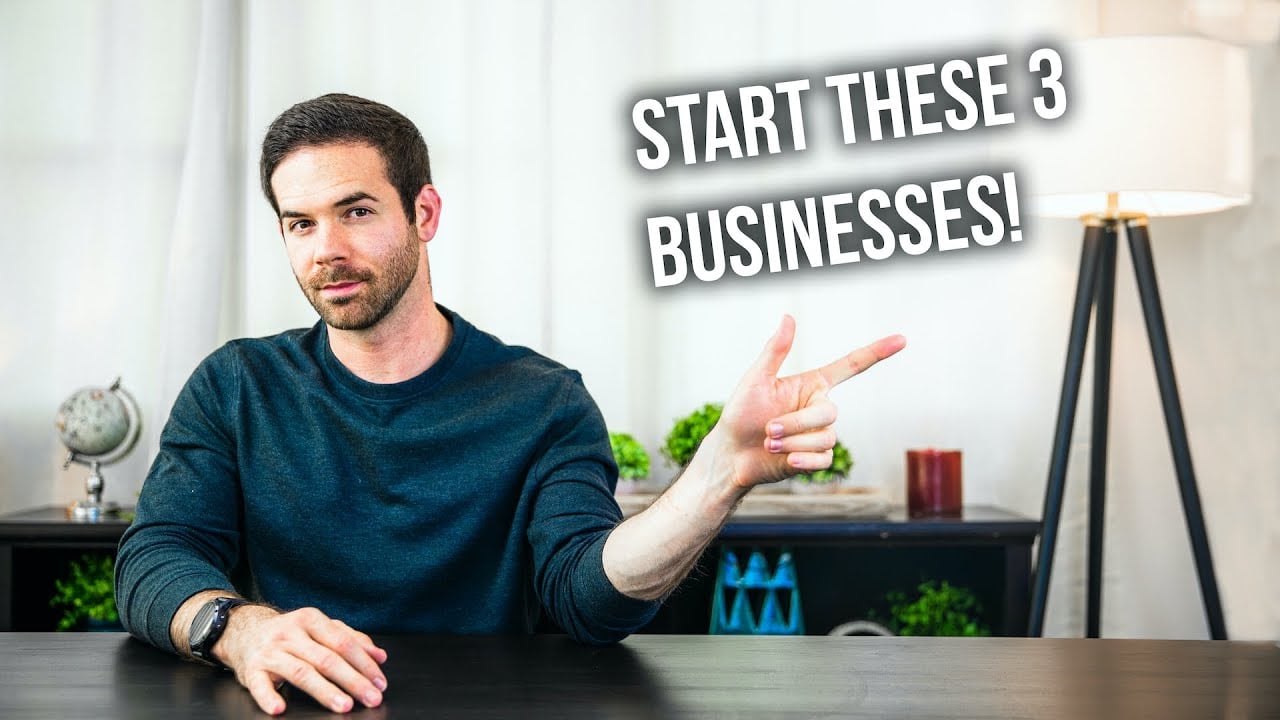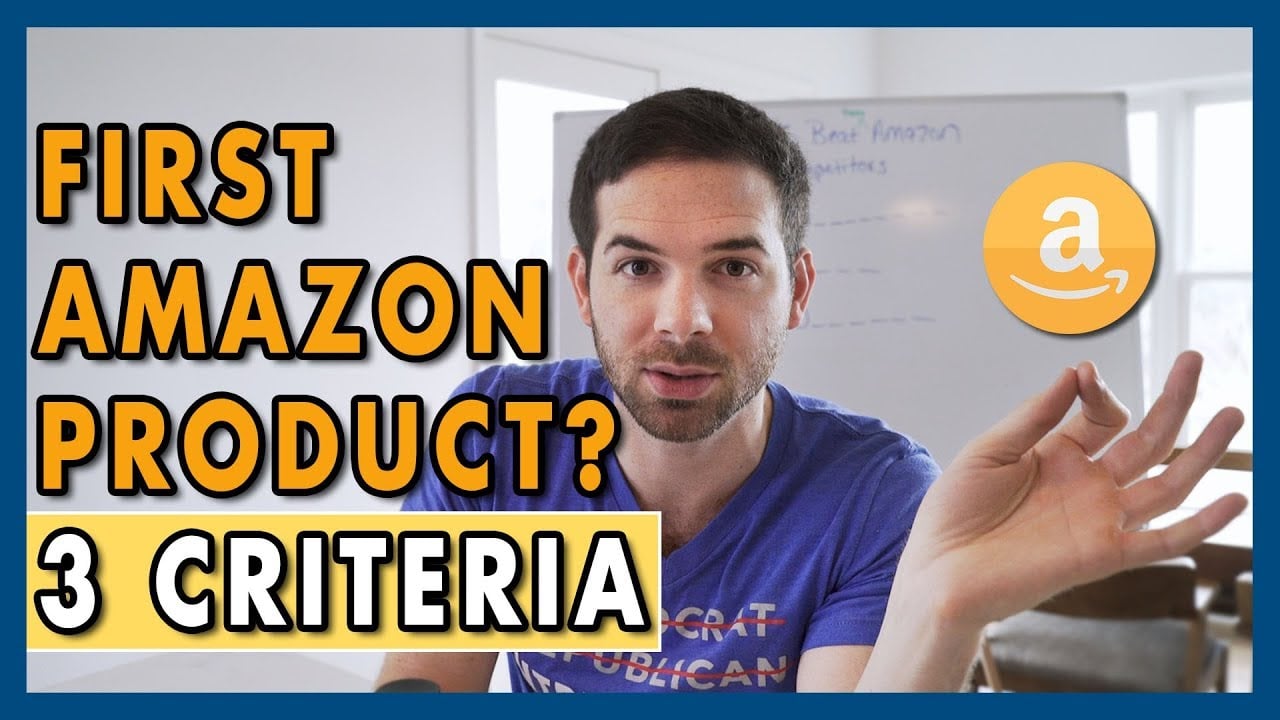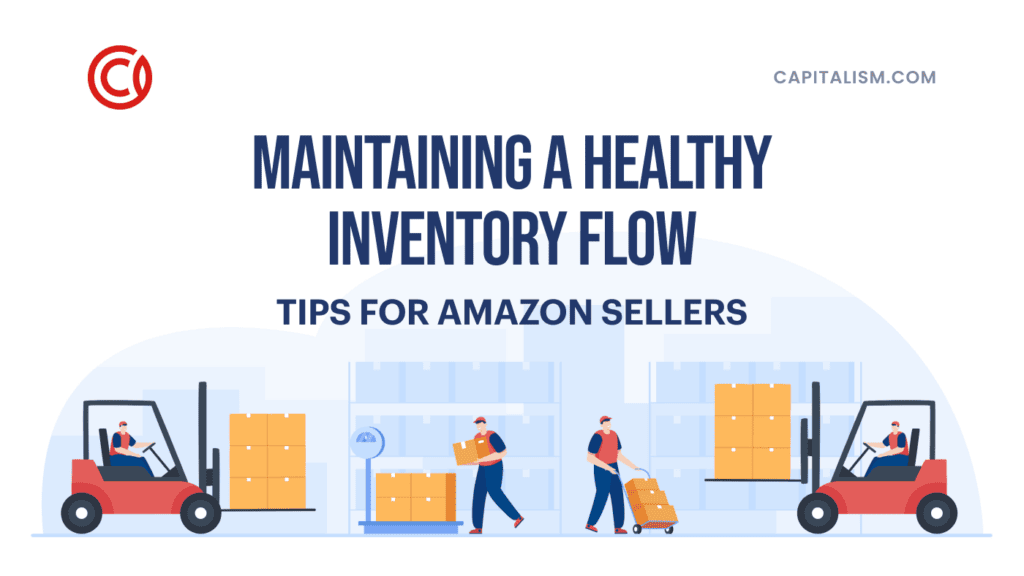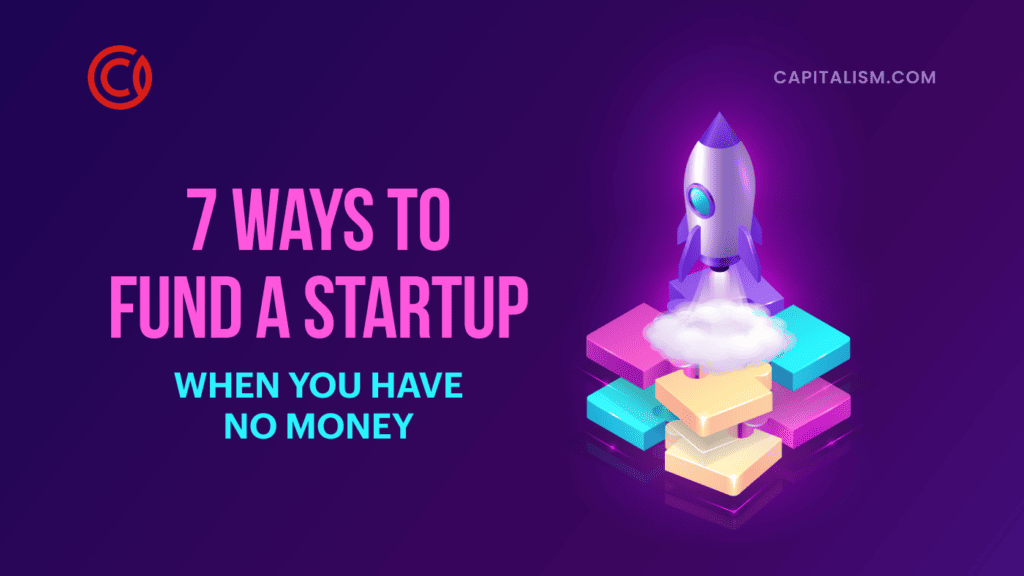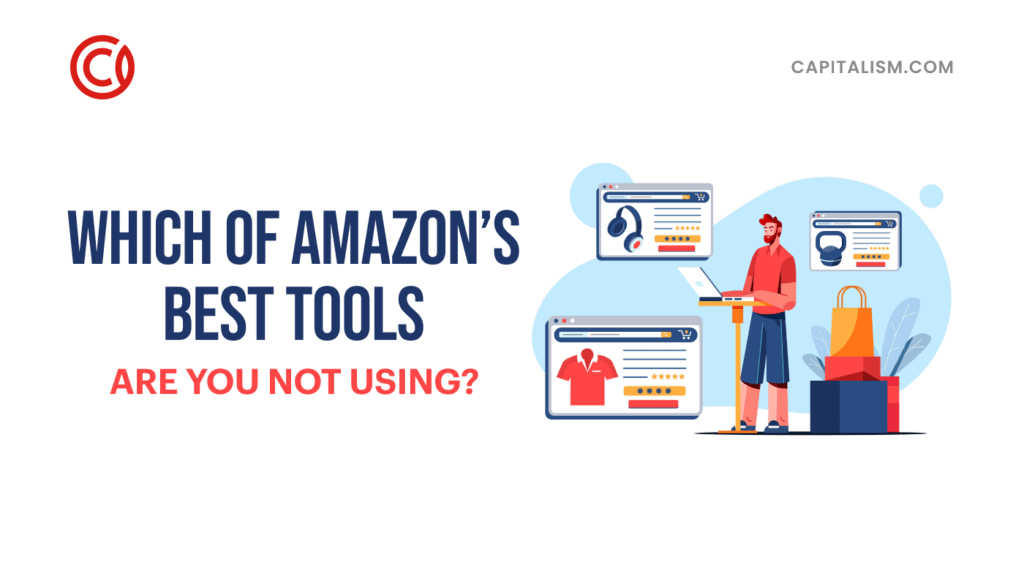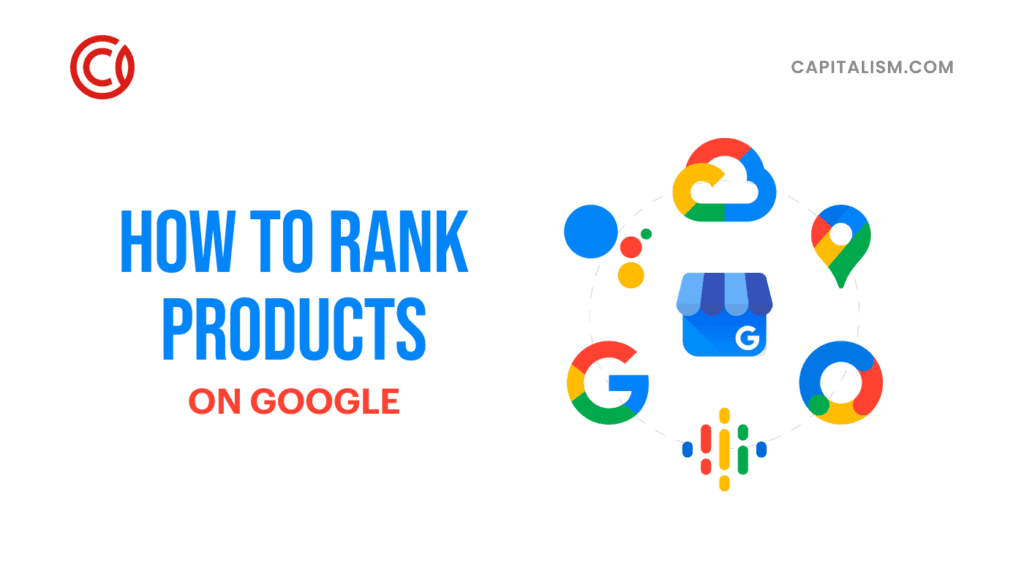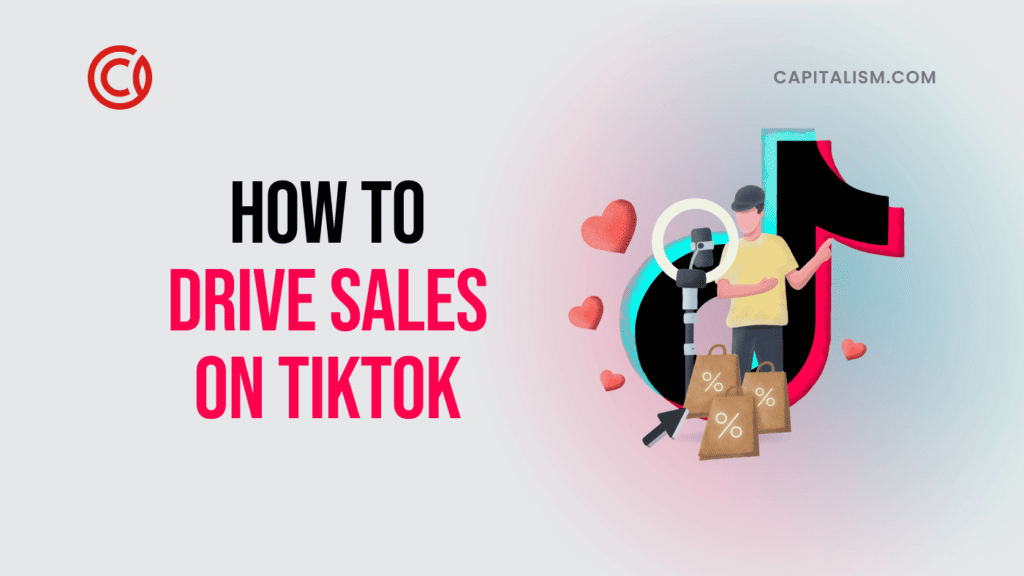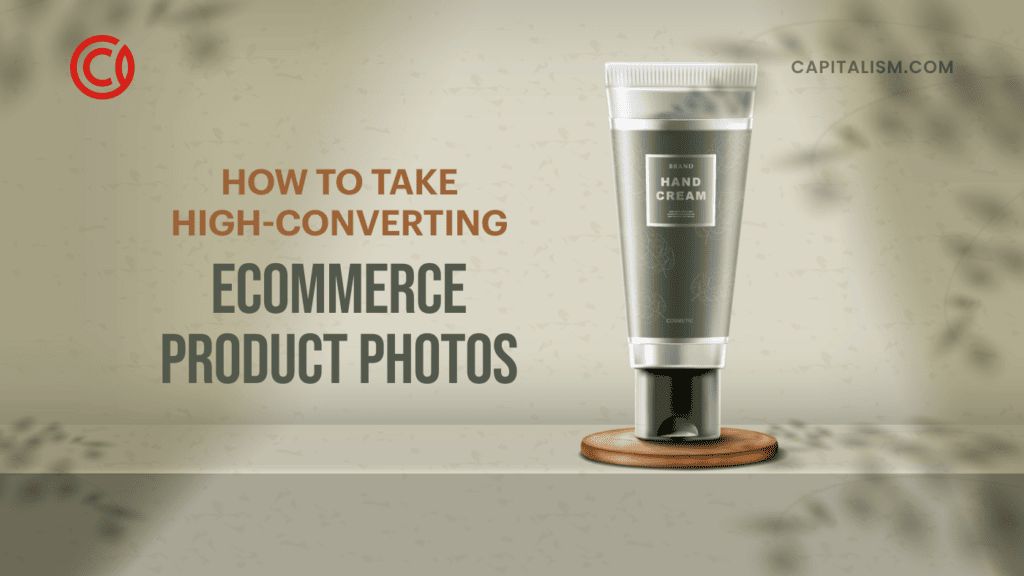What sells best on Amazon? It's the million-dollar question. Google has probably seen this question come through the search engine billions of times. Some people seem to strike gold with their ideas. Still others rack their brains day and night, trying to come up with something to sell.
Sound familiar?
If you want to start an ecommerce business, you may be clinging to the hope that there is this one magical product you can sell. Once you figure out what it is, you figure it's a done deal that you'll launch your business into e-commerce success. You may even be working overtime, depleting your mental energy and creativity stores, to crack the Amazon bestseller code.
Do yourself a favor. Stop.
The thousands of entrepreneurs spending (read: wasting) their time trying to figure out what sells best on Amazon serve as a case study on missing the mark.
If your goal is to master what sells best on Amazon, you must first change how you think about Amazon.
And if you’d rather cut right to how to our million-dollar business formula:
See Amazon Differently
To the casual observer, Amazon is a global conglomerate with the power to make any product appear on doorsteps worldwide. From this perspective, it seems logical to focus on what product(s) your business might be able to add to the mix. Unfortunately, focusing on what sells best on Amazon is a sure way to end up in a race to the bottom where the winner is the one whose price is the lowest. Rather than creating more freedom in your life, starting an "Amazon business" will leave you constantly looking over your shoulder to see which competitor is about to eat your lunch.
Don't do that to yourself! Instead...
Our experience helping entrepreneurs like you has helped us see things a bit differently. As a result, we give you three crucial mental shifts you must make to experience sales success on Amazon and through e-commerce in general.
Mental Shift # 1
Amazon is not just a business - it's a sales channel for your brand.
When you start viewing Amazon as a sales channel rather than a business, you can stop asking what to sell and begin focusing on the audience you serve.
A product-first approach actually works against your business. The truth is, focusing on products leaves out the most critical piece of the sales equation: your customers. After all, it's your customers, not your products, that will grow and sustain your business. When you go all-in on serving them, they will stick with you even when another seller knocks off your product and slashes its price.
Here’s what most Amazon Sellers get wrong.
Mental Shift # 2
Focus on the who instead of the what.
In its simplest form, "the who" is your target audience. These are the folks your business is tailor-made to serve. Therefore, it is critical to the success of your business that you learn as much as possible about them.
In addition to the basic components of a target audience, such as age, gender, location, education, and socioeconomic status, successful brands consider the attitudes and aspirations of their target market. Another word for this is "psychographics." These are the unique behaviors, values, and attitudes that characterize a target market.
See how these winning business ideas focus first on the “who” question.
Still having difficulty deciding on a target audience? Start with yourself. What are your passions? What problems are you facing? That's right, problems.
Mental Shift # 3
Problems are good.
Solving problems creates business opportunities. We're not just talking about product units and gadgets. (However, many gadgets have proven to be lucrative solutions to problems.) Entire firms and companies have come into existence as solutions to problems.
Take Craigslist, for example. Before it launched in 1995, there was no easy way to find various local services or products at the best prices. Sure, there were newspapers and traditional advertising channels, but there was no online alternative. Enter an American classified advertisements website with revenue currently topping $1 billion!
Capitalism solves the world’s problems extremely well. Even when it’s the cause of some problems.
Distinguish Between Your Business and Your Brand
Aren't we just mincing words here? What and who… business and brand? Is there even a difference between a business and a brand, and what does any of this have to do with e-commerce sales?
Allow us to explain.
Businesses are primarily concerned with the "what." This is what we make, and this is how we deliver what we make to our customers.
A brand involves how people perceive your business. A brand is how your business connects with your customers.
Therein lies the magic: your brand, the connection you build with your customers, is packed with the potential to skyrocket your sales.
People build successful brands by focusing on the "who." People buy more products from brands they are familiar with, brands they admire, trust, or respect. So it is no surprise that many successful entrepreneurs point to a business's brand as its most valuable (and, in some cases, its most fragile) asset.
Deliver Solutions
Successful businesses deliver solutions to their customers' problems. Solutions can come in the form of accessories or branded product lines designed for specific purposes.
Here's an example. One early entrepreneur had trouble keeping track of his hand tools, hammers, tape measures, nails, screws, etc. (Can anyone relate?) To solve this problem, he developed a high-quality leather belt that included pouches and holders. Voilà - the tool belt was born.
The same holds true today. Pull up a few Amazon best sellers. How many are great at solving some sort of pain point? That's your goal. Solve a problem, and the buyers will gladly pay you for solving their problem.
Here’s how to choose your product:
Build Your Brand
Consider just how closely sales success correlates with an established brand. Tech giants Apple, Microsoft, and Samsung represent some of today's most successful brands. To say they all consistently boast impressive sales numbers is an understatement. When brand management is good, sales are typically good.
The opposite is also true.
Remember when Samsung experienced its battery scare in 2016? (Side note: they spent over $5 billion on one of the most extensive product recalls in history.) The company went to great lengths to communicate with its customers and salvage its brand. They went as far as to set up agencies and teams to work around the clock to monitor social media and traditional press to address concerns in real-time.
Samsung weathered a storm that would have leveled most brands. Instead, the brand value has continued to rise since the battery debacle. This is what happens when you build a brand devoted to your "who."
Here’s how Ryan chooses what he’ll sell next:
Ask Better Questions, Get Better Answers
We began this article by asking what sells best on Amazon. Our extensive experience helping entrepreneurs succeed has taught us that selling on Amazon isn't a business. Instead, it's a sales channel for businesses and brands.
We have seen firsthand how critical brands are to e-commerce success. Brands connect businesses to their customers. They identify their target market's passions and the ability to offer solutions to their problems. We also know that the more people trust and admire a brand, the more likely they are to repeat and increase their purchases from that brand.
When you make the mental shifts mentioned in this article, you will help your business level up in its e-commerce success. Remember... what sells best are real brands that deliver real solutions to real people.

